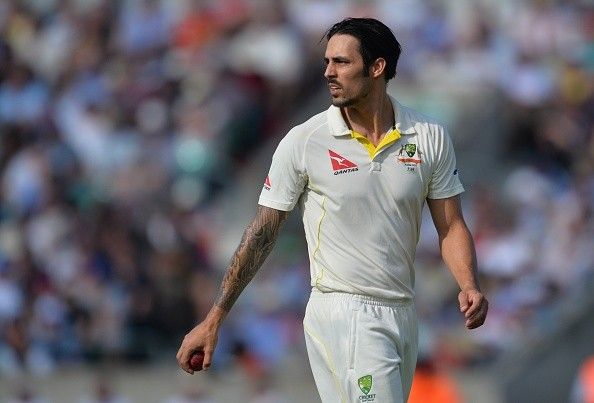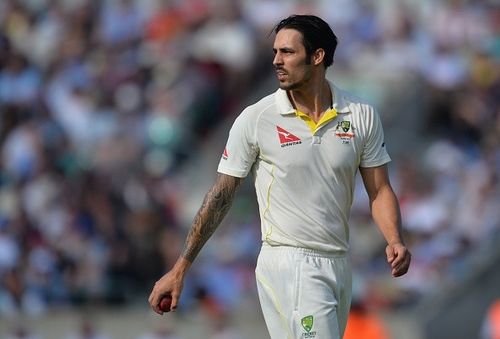
ICC insists no-ball policy to remain the same despite Ashes controversy

The International Cricket Council (ICC) has clarified that it has no intention of handing over the responsibility of calling front foot no balls from the on-field umpires to the TV umpires, Sky Sports reports. The governing body praised the umpires for the performance during the Ashes series and cited statistics proved that the officials were doing a good job.
Calls were being made for a change in the governing body’s stance on the issue after the performance of Aleem Dar and Kumar Dharmasena failed to call Australian fast bowler Mitchell Johnson for overstepping on as many as eight occasions. Fellow Australian Mitchell Marsh and England pace bowler Steve Finn also had their wickets overturned after the TV umpire called them for overstepping.
Despite the apparent howlers, ICC General Manager Geoff Allardice insists that the present scenario with regards to adjudging no ball will continue but hinted that they are looking at the possibility of using technology for assisting the on-field umpires.
“The ICC is not considering any proposal to move the responsibility for calling no-balls to the TV umpire, but it has been looking at new technology that allows the TV umpire to judge the legality of a delivery much faster than he has been able to in the past,” Allardice said.
"An incorrect no-ball could cost the bowling team a wicket, so the umpires have been instructed to call no-ball only when they are certain that no part of the foot has landed behind the line. If the umpire is uncertain that the delivery is legal and a wicket falls, the no-ball can be checked immediately on replay and the batsman recalled if the delivery was found to be illegal."
The umpiring faults in the fifth Ashes Test had led many to criticise the performance of the umpires, especially Aleem Dar.
Allardice, however, defended the performance of the umpires stating that the statistics from the recently concluded Ashes series was the best ever for a five-match series.
"Cricket fans usually judge the performance of international umpires by the correctness of their out and not out decisions, and in this regard the umpires have had an excellent Ashes series, with 97 per cent of their decisions correct before DRS," Allardice added. “This is the best decision-making performance the ICC has recorded for a five-Test series.”
“During the Ashes series, the umpires have done an outstanding job with the correctness of their decisions, but there were some no-balls that were not called and this is an area in which they can improve. It is incorrect to suggest the umpires aren't watching the front foot landing, and it is incorrect to suggest that the umpires are not talking to the bowlers between deliveries about their front foot placement."